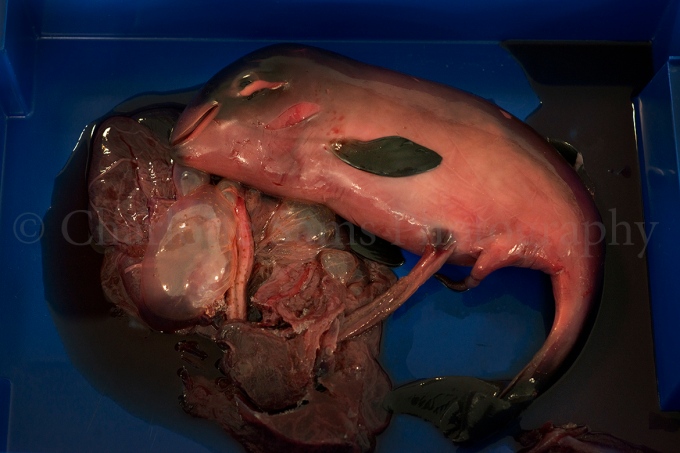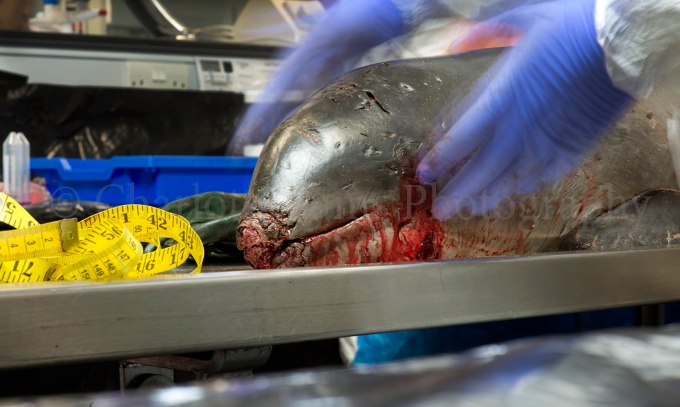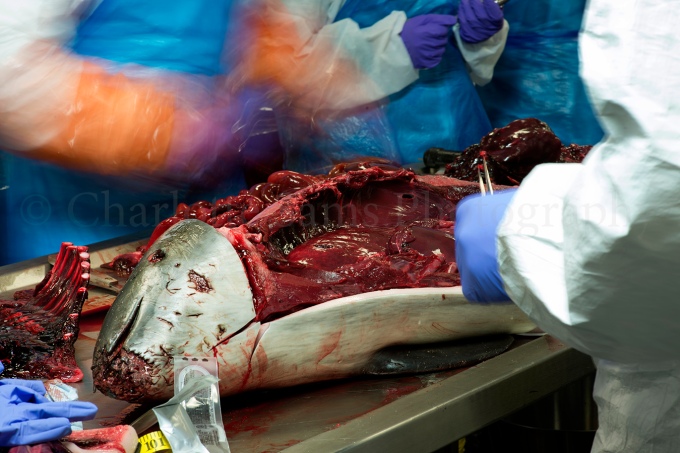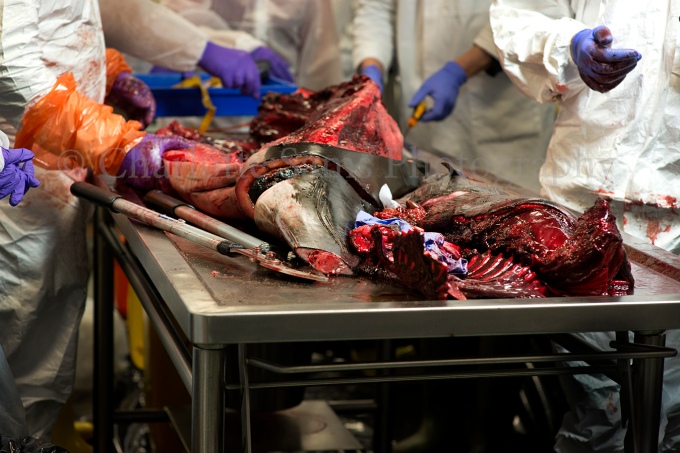Yes, I know, I’ve been awful at writing posts recently. Third year of my degree and an unwillingness to refuse any opportunity is the cause. But I’m actively making an effort now! I do tend to update my facebook page a little more frequently, so if you wish to follow that, this is the link here!
So lots of exciting things have been going on recently, but I’m going to talk about this week as it’s fresh in my mind. On monday and tuesday of this week, myself and a team of 3 others were filming a seal and porpoise autopsy, for Exeter university, who share a campus with us studying at Falmouth university. The autopsy was conducted by scientists from the Exeter Environment and Sustainability Institute (also based on the same campus), including external scientists and assistants.
This was a fantastic experience, not only to be able to sit in and watch purely from an interest point of view, but also to be able to help set-up the live streaming, the audio, and then also filming for an edit was a lot of fun.
Collectively, the team is going to work on an edit which we will aim to produce in the near future, but for now I’m just going to share a few stills, though I didn’t actually take many over the two days. Be warned.. these may look a little gory..
Autopsy on day 1 – the porpoise was actually found to have died due to bottlenose dolphin attack. This can often happen, just a random act of aggression on the dolphins part – they aren’t always a lovely smiling animal!
The harbour porpoise on day 1 was also found to be pregnant! This is a baby harbour porpoise, probably about 30cm in length, taken out of the uterus. It does make the dolphin attack seem a little more harsh knowing that this tiny porpoise also died for no reason. 
Autopsy day 2 – A new porpoise and seal, though due to the angle I have very few shots of the seal. The scientists assess the body and take measurements; this harbour porpoise was much smaller than the first. 
Mid autopsy – samples of blood and organs were collected for further analysing. This porpoise was discovered to have died from fishing; bycatch or similar. Another massive shame, and hopefully in the future we can prevent so many unnatural cetacean deaths.  That’s it, just a brief blog, apologies for the sombre tone. It really was a fascinating couple of days and not all about death!
That’s it, just a brief blog, apologies for the sombre tone. It really was a fascinating couple of days and not all about death!
Thanks to all the scientists, assistants and everyone involved, and for letting us be a part of it. The short film shall appear online in the near future so watch this space!

